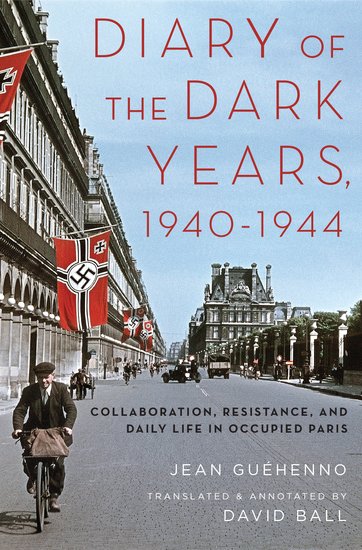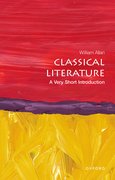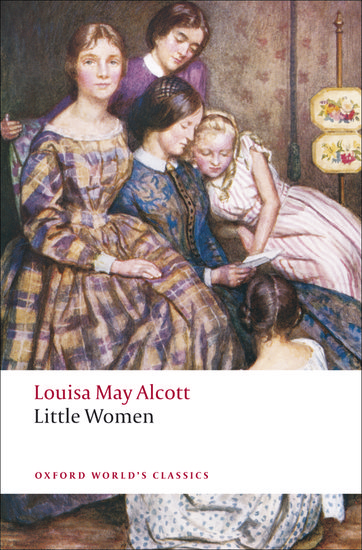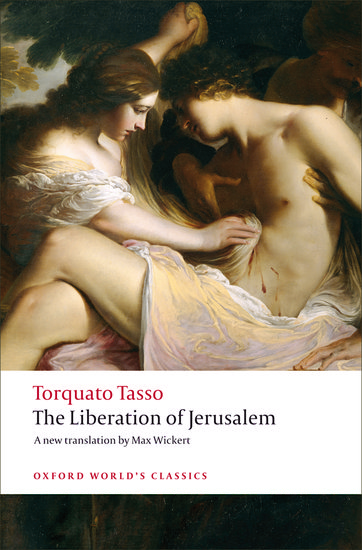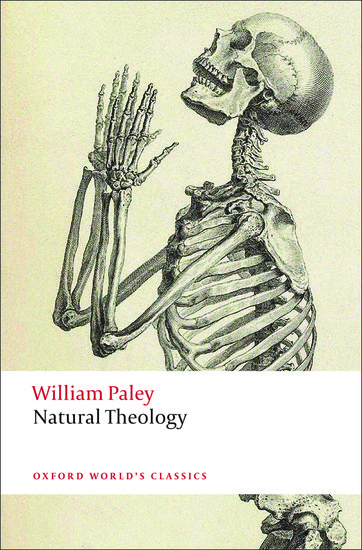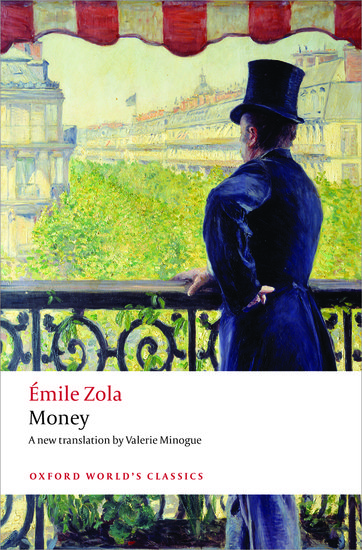Rhetorical fireworks for the Fourth of July
By Russ Castronovo
Ever since 4 July 1777 when citizens of Philadelphia celebrated the first anniversary of American independence with a fireworks display, the “rockets’ red glare” has lent a military tinge to this national holiday. But the explosive aspect of the patriots’ resistance was the incendiary propaganda that they spread across the thirteen colonies.

